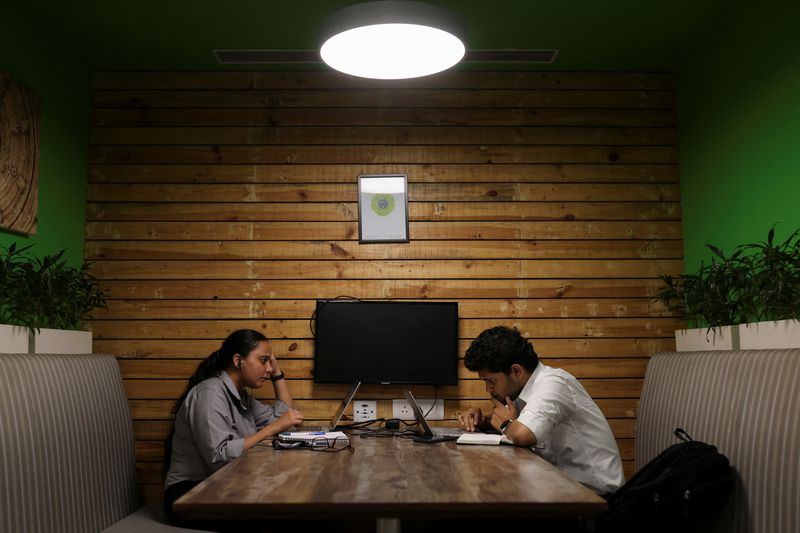By Munsif Vengattil and Shivangi Acharya
NEW DELHI (Reuters) – India will defer an import licence requirement for laptops and tablets, two government officials said, a policy U-turn after industry and the U.S. government complained about the move, which could hit Apple, Samsung and others.
The plan will be delayed by a year, after which the government will consider whether to implement a licensing regime or not, one of the officials told Reuters, requesting anonymity.
The licensing regime, announced abruptly on Aug. 3, aimed to “ensure trusted hardware and systems” enter India, reduce dependence on imports, boost local manufacturing and in part address the country’s trade imbalance with China.
But following industry objections, the initial plan was quickly delayed by about three months.
Last month U.S. trade chief Katherine Tai raised concerns with India over the move, which would also affect companies such as Dell and HP.
India’s electronics ministry is now proposing a simpler import registration process that is due to start in November, said the officials, who have direct knowledge of the discussions.
A representative for India’s IT ministry did not immediately respond to a request for comment.
The new ‘imports management system’ will need companies to obtain ‘registration certificates’ for imports of laptops, tablets and personal computers, instead of licences proposed earlier by the Aug.3 order, one of the officials said.
The ministry conveyed the proposal to industry officials in a meeting on Friday, they added.
India’s electronics imports, including laptops, tablets and personal computers, stood at $19.7 billion in the April to June period, up 6.25% year-on-year.
(Reporting by Munsif Vengattil and Shivangi Acharya in New Delhi; Editing by William Mallard and Clelia Oziel)
